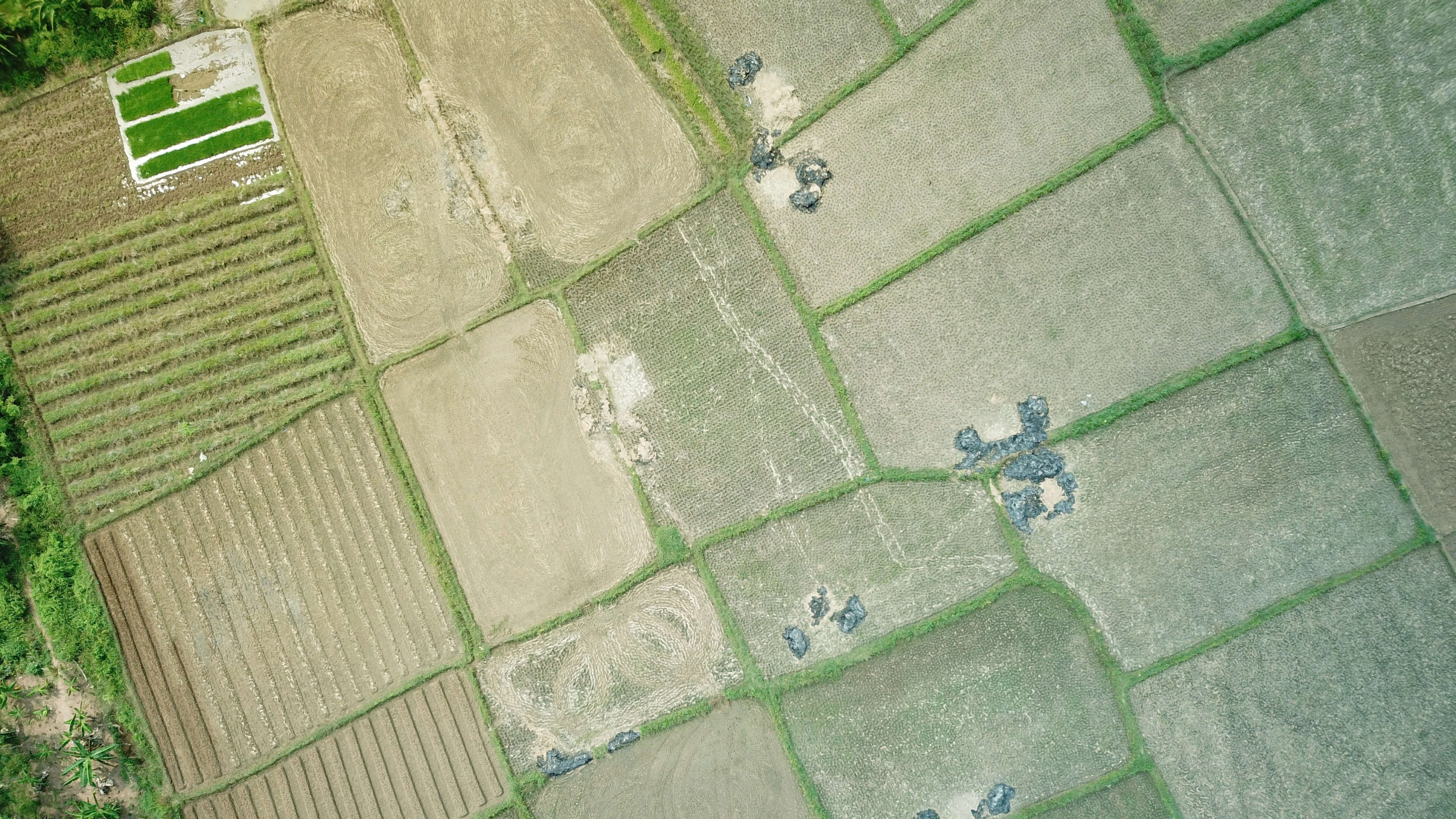It’s pretty hard to feel bad for the $100 billion pesticide industry, but according to Reuters, it’s feeling scared. The monster under its bed? Weed-wacking robots that use artificial intelligence to individually decimate wayward plants.
This plant-by-plant weed-killing approach is a threat to the business models of companies like Monsanto, which has invested a great deal in developing genetically modified (GM) crops. Those crops are resistant to Monsanto’s weedkiller Roundup, which can then be sprayed over entire fields, laying to waste everything but the GM plants.
Solar-powered, AI-driven robots like the one created by EcoRobotix, which Reuters describes as looking like “a table on wheels,” can roll through fields and blast individual plants, reducing the need for both GM crops and herbicides. Per Reuters, EcoRobotix claims its weed-wacking robots will decrease total herbicide use by a factor of 20.
U.S. tractor company Deere & Co. is bracing for change: Last year, it spent $305 million to buy the Silicon Valley startup Blue River, which is developing a see-and-spray machine that can target just weeds with herbicide. German engineering company Robert Bosch is working on a similar precision spraying system, as is Denmark’s Agrointelli. These plant-killing robots aren’t just for large-scale farmers, either: Companies are developing Roomba-like versions for home gardeners.
Recognize your brand’s excellence by applying to this year’s Brands That Matter Awards before the early-rate deadline, May 3.
